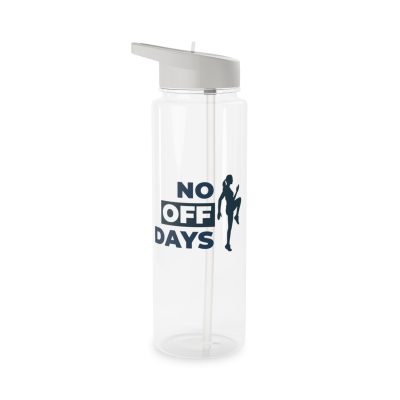The Vital Role of Hydration: Understanding the Importance of Staying Hydrated

Staying hydrated is a fundamental aspect of maintaining optimal health, yet it is often overlooked. The importance of staying hydrated cannot be overstated, affecting everything from physical performance to cognitive function. This article delves into why keeping your body replenished with fluids is essential for well-being.
What is Hydration? Hydration is the process of ensuring that the body has enough fluids to perform its various functions effectively. Water makes up about 60% of the human body, and it is crucial for processes such as nutrient transportation, body temperature regulation, and waste removal. Understanding the importance of staying hydrated is key to appreciating why water is so crucial for our health.
Benefits of Hydration The benefits of maintaining good hydration are extensive and impact various aspects of health:
Physical Health Proper hydration helps maintain your body’s fluid balance, which aids in digestion, nutrient absorption, and circulation. It also helps keep your skin supple and can reduce the likelihood of acne and other skin issues. Muscles and joints also require adequate hydration to maintain their function and prevent cramps and sprains.
Mental Performance Cognitive functions significantly benefit from proper hydration. Mild dehydration can lead to reduced attention span, memory, and motor skills. The importance of staying hydrated is particularly evident in how it affects concentration and the ability to manage stress. Keeping hydrated helps ensure that the brain operates at peak efficiency.
Weight Management Water can aid in weight management by acting as a natural appetite suppressant and helping to boost metabolism. Drinking water before meals can lead to reduced calorie intake as it provides a sense of fullness. Furthermore, hydration facilitates the fat-burning process known as lipolysis.
Risks of Dehydration Ignoring the importance of staying hydrated can lead to several short- and long-term health issues:
Short-Term Effects Dehydration can quickly result in tiredness, headaches, and dizziness. These symptoms can impair your ability to perform daily tasks and decrease your quality of life.
Long-Term Consequences Chronic dehydration can have severe consequences, including kidney stones, urinary tract infections, and even kidney failure. It also increases the risk of chronic ailments such as hypertension and renal disease.
How to Stay Hydrated Incorporating good hydration habits into your daily routine can be simple and effective:
Daily Tips for Hydration
- Start your day with a glass of water.
- Keep a water bottle handy at all times.
- Eat water-rich foods like cucumbers, zucchinis, and watermelons.
- Set reminders to drink if you often forget to stay hydrated.
Hydration for Athletes Athletes have higher hydration needs, which makes understanding the importance of staying hydrated crucial for optimal performance and recovery. Drinking electrolyte-enhanced water can be particularly beneficial after intense workouts to replenish lost minerals.
Recognizing Dehydration Symptoms Being able to recognize the signs of dehydration can help you take swift action to rectify it. Common symptoms include dry mouth, lethargy, and darker urine. By responding quickly to these signs, you can prevent the adverse effects of dehydration.
Conclusion The importance of staying hydrated is a key component of health that supports nearly every bodily function. From boosting your mood and energy levels to preventing serious health conditions, water is your body’s best friend. Assess your hydration habits today and make the necessary adjustments to ensure you’re meeting your body’s fluid needs. Regularly sipping on water can significantly improve your health and enhance your quality of life.
How can I tell if I’m properly hydrated?
Look for clear or light-yellow urine as a good indicator of proper hydration.
What are the best fluids for hydration?
Water is the best choice; however, herbal teas and coconut water are also good options.
Can you drink too much water?
Yes, overhydration is possible and can be dangerous, known as water intoxication.
How does hydration differ for children and the elderly?
Children and elderly individuals have different hydration needs and may require reminders to drink water.
What are hydrating foods that can support water intake?
Fruits and vegetables like strawberries, oranges, and lettuce are excellent for increasing water intake.




